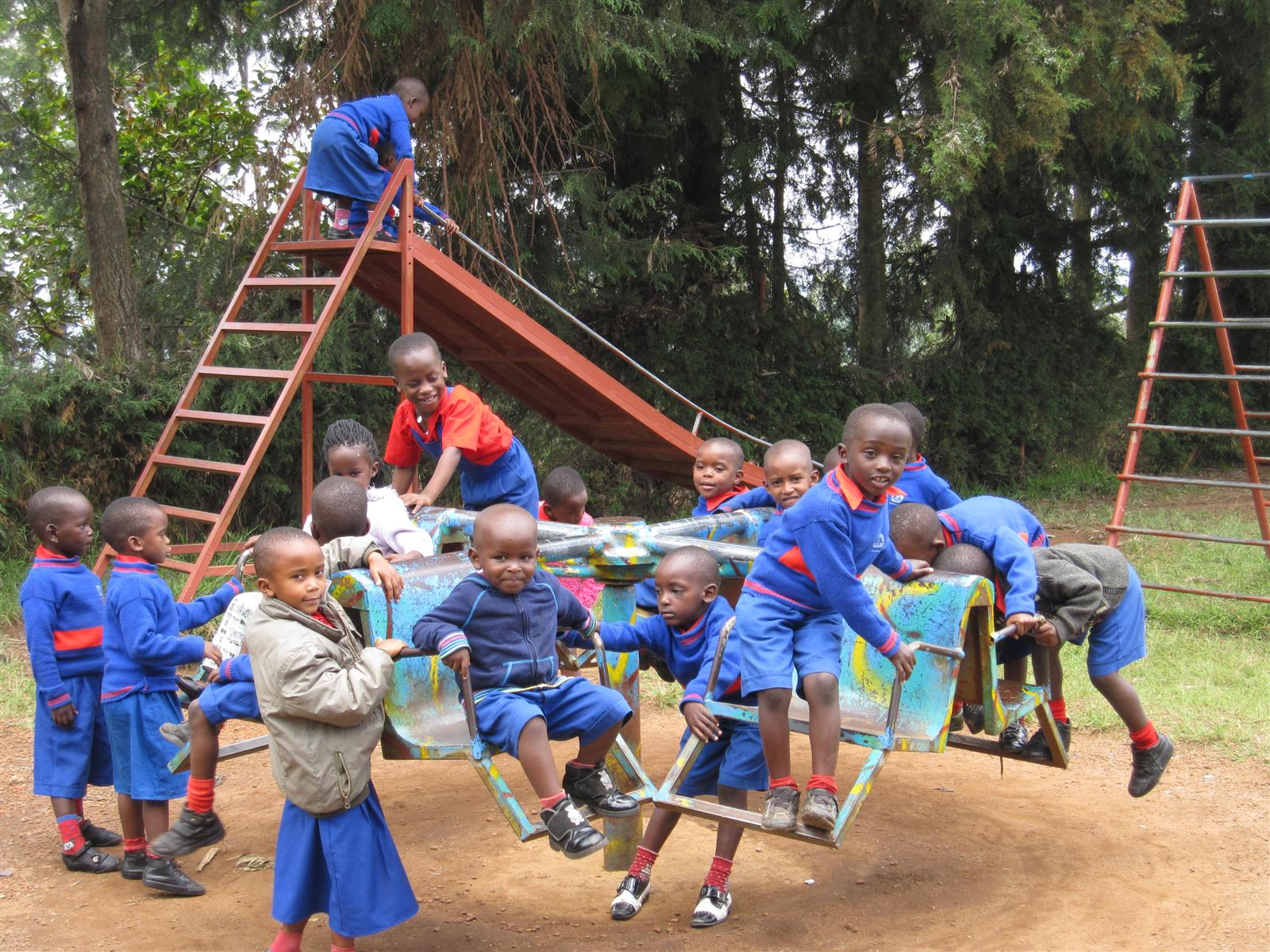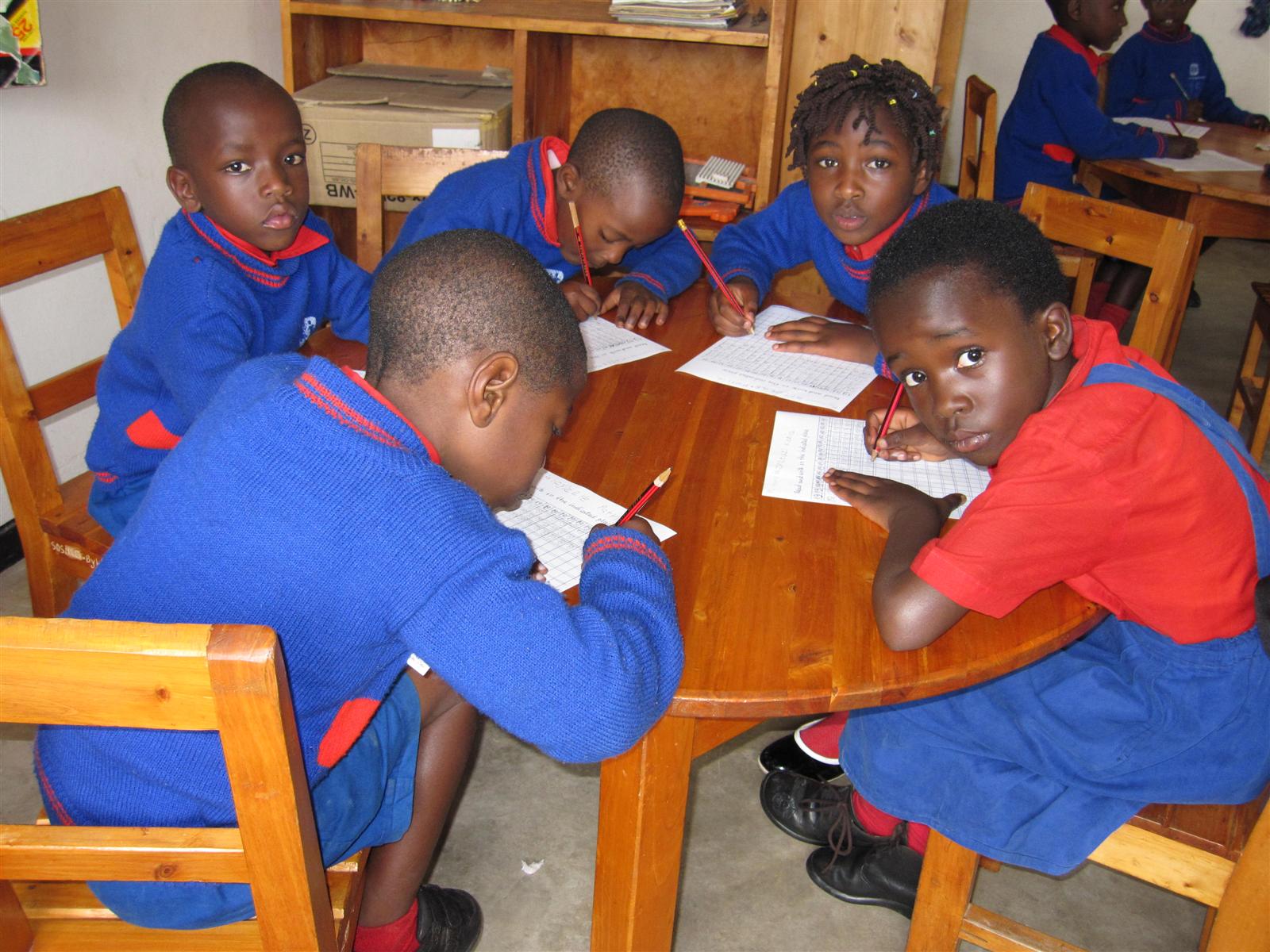Better land distribution and modern farming methods are needed
.jpg)
The city of Byumba is located in northern Rwanda and has a population of roughly 70,000. It is the capital of both the Gicumbi district and the Northern Province.
Over 90 per cent of Rwanda’s labour force is active in agriculture, and this applies to the Northern Province, too.
Although increased tea and coffee exports have benefited the economy in recent years, the majority of agricultural activity takes place on a subsistence-farming level. A large proportion of rural families have only one hectare of land available to them, which is too small to earn a living and also leads to over-farming and the consequent degradation of the land. These factors contribute to the extremely high levels of malnutrition in the country.
The availability, as well as the quality, of education is another matter of great concern in the region. In Gicumbi District, more than 65 per cent of the population are completely illiterate, meaning they cannot read or write at even the most basic level. Children from rural areas often have to travel long distances to reach the nearest school, and sometimes they cannot afford to do so, or their parents need their help at home. Most teachers have not been sufficiently trained and receive very low wages, all of which can lead to low levels of motivation in the classroom.
Living conditions remain tough. A nation-wide campaign was launched in 2011 to eradicate the grass-thatched houses, or “Nyakatsi”, in which most people in rural areas live. Government staff removed the grass roofs, which were to be replaced by corrugated metal sheets in an effort towards modernisation as part of Rwanda’s Vision 2020. Vision 2020 aims to transform Rwanda into a middle-income country by 2020, raising each person’s income to 900 US dollars per year (from 220 US dollars in 2000), reducing poverty to 30 per cent (from 80 per cent after 1994), and increasing life expectancy to 55 years (from 49 in 2000).
An urgent need to provide support to families
SOS Children’s Villages began its work in Byumba in 1997 due to the great number of children who had lost their parents in the war. In recent years, we have expanded our efforts to reach out to vulnerable families in the surrounding community through the SOS Family Strengthening Programme.
What we do in Byumba

We are currently reviewing the way we support children and families in Byumba. These are the current activities which we plan to continue over the next few years.
Strengthen families: We ensure that children have access to essential educational, nutritional and health services, and we support parents in protecting and caring for their children, for example by offering guidance on income-generating skills and parenting practices.
We provide counselling and psychological support to both children and their caregivers, and we assist families affected by HIV/AIDS. In cooperation with local authorities, we also work towards strengthening the support systems available within the community.
Health care: The SOS Medical Centre in Byumba provides basic health care and treatment, check-ups and preventive measures to members of the local community who may not otherwise be able to afford these services. In 2017 we started a mental health project to counsel children and young people.
Care in SOS families: We provide for some direct care to children who are not able to live with their families. In some cases this is only until a more permanent home is found for them.
Education: Around 75 children attend the SOS Kindergarten. Because the village school was destroyed during the war, the opening of an SOS Hermann Gmeiner primary school was a very important contribution towards improving children’s lives in Byumba. Up to 430 pupils can attend the school today.
Support for young people: We provide young people with training and support until they are able to live independently.
Support for street children: We care for street children so that they can get used to a stable way of life again. Wherever possible we work with the children’s families of origin, and give them support so that they can live together again.